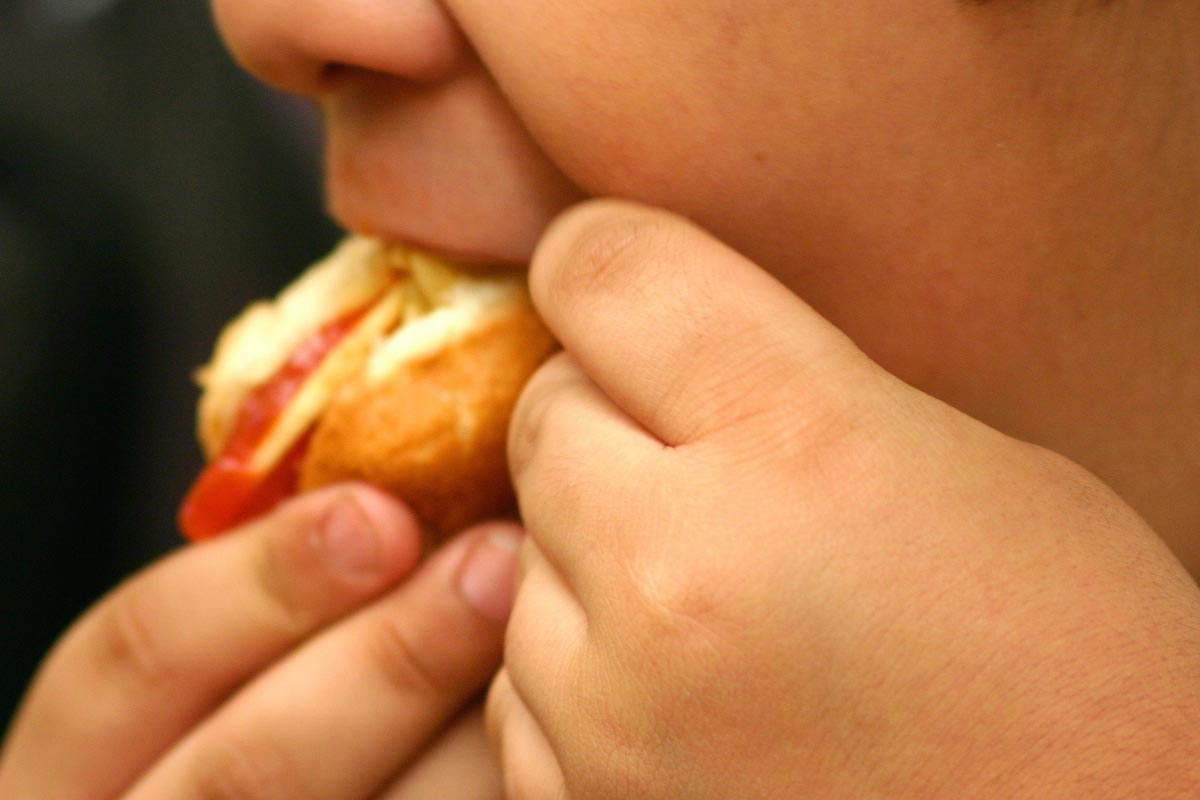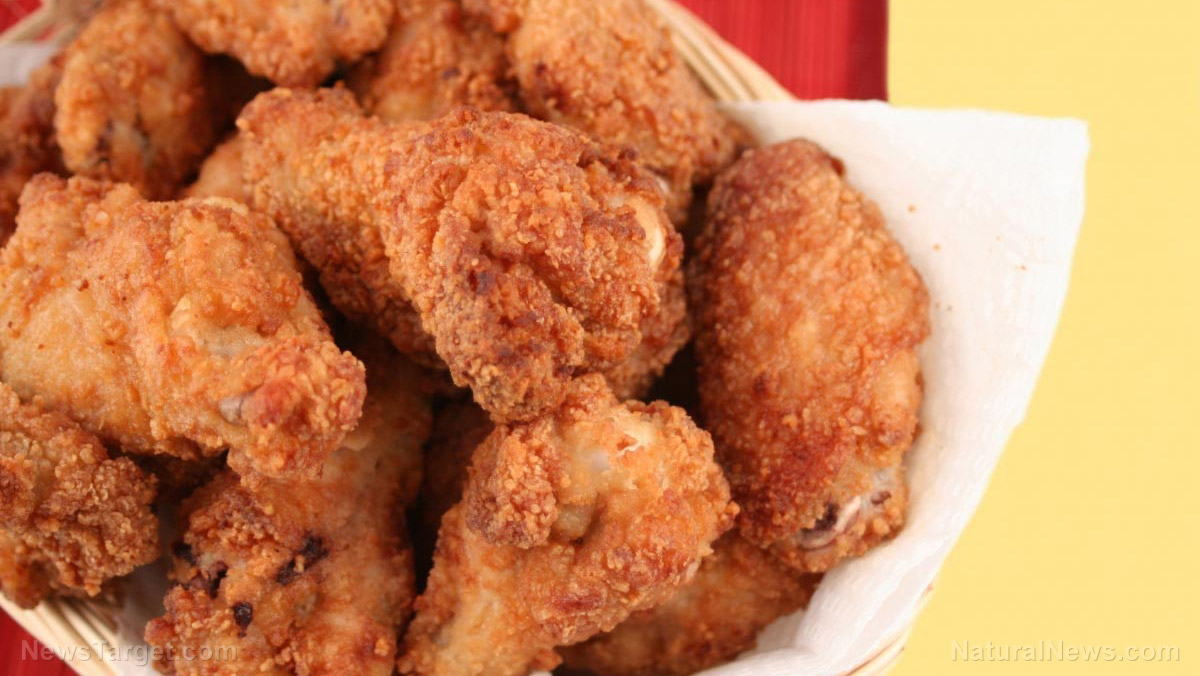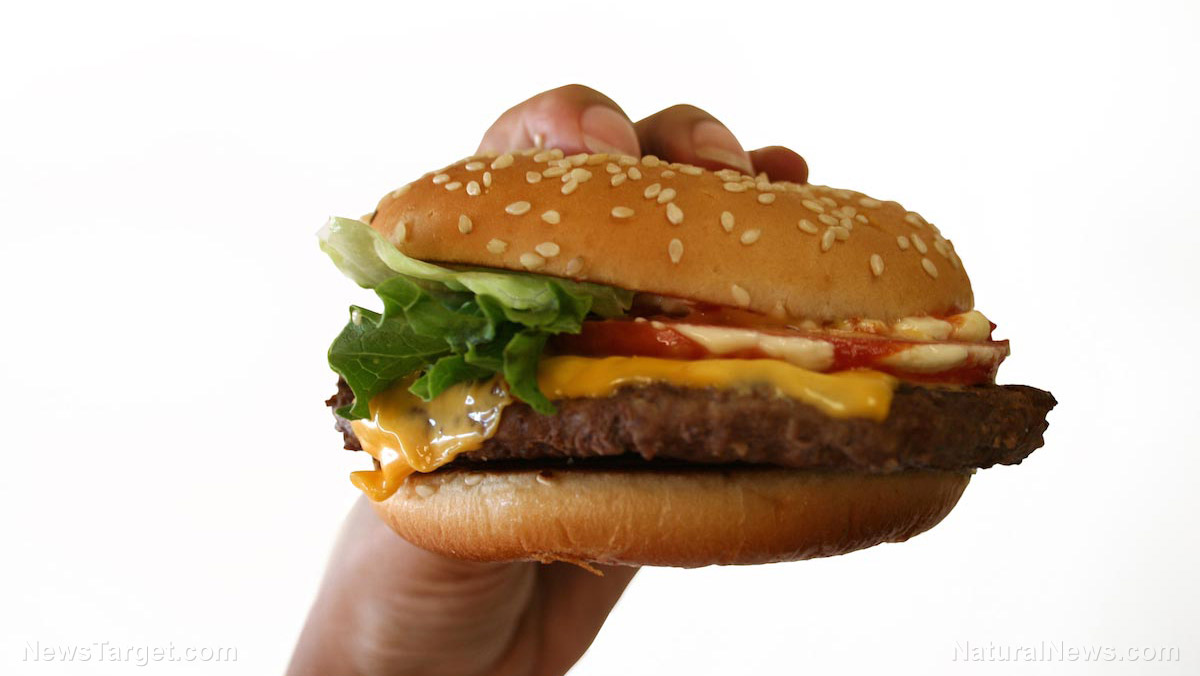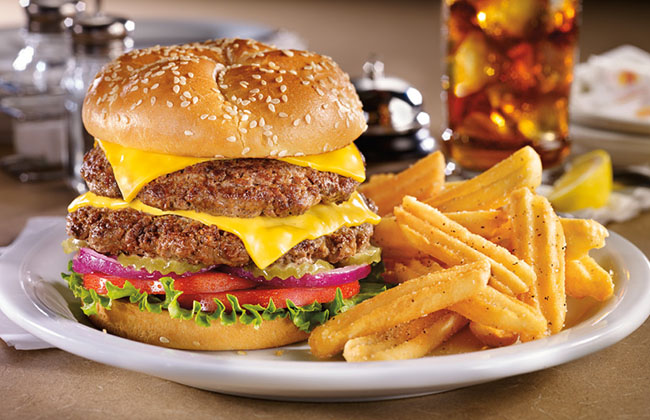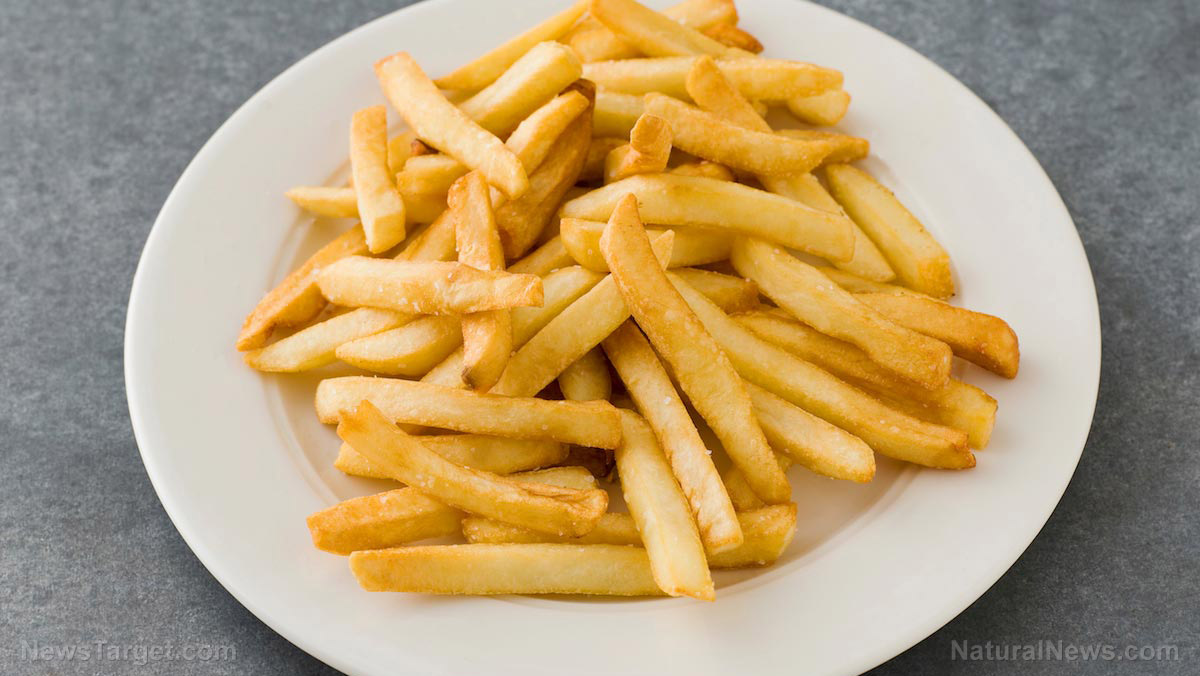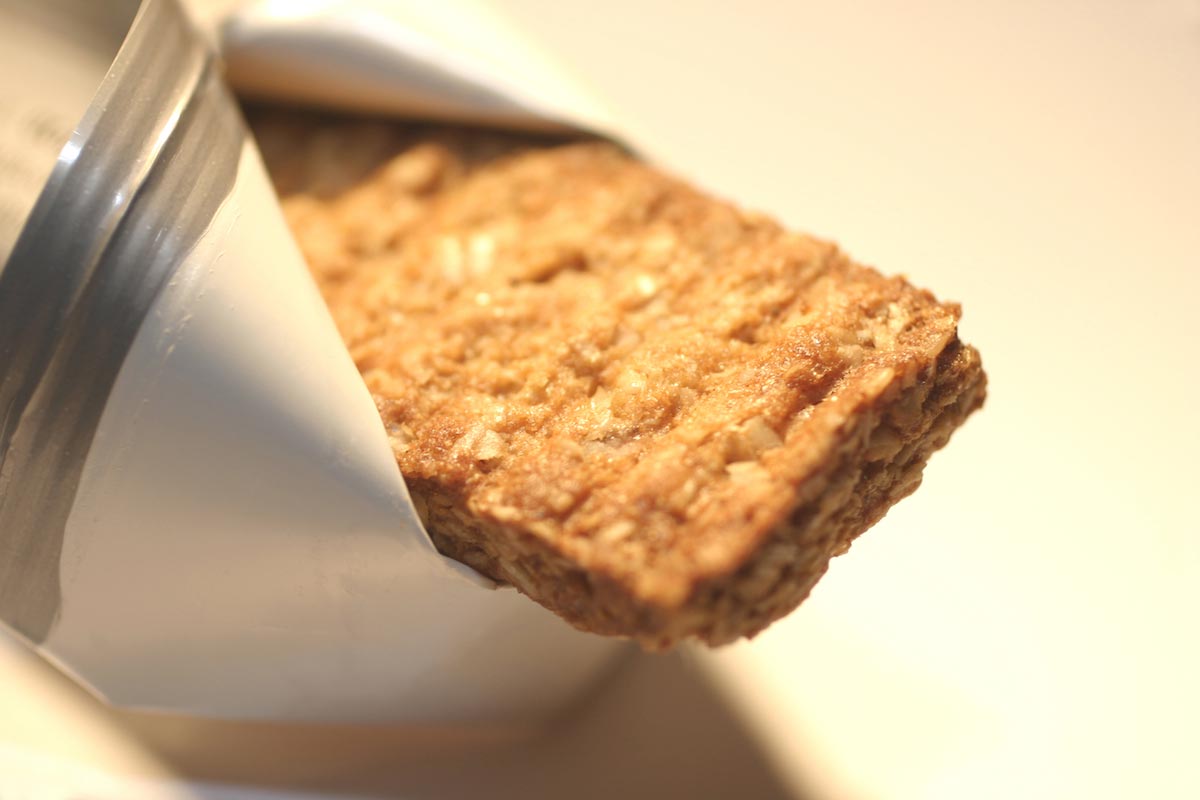Inhale, don’t chew: Smelling fattening foods can help reduce your cravings
04/23/2019 / By Zoey Sky

Smelling fried chicken or french fries can tempt you into ordering a similarly fattening dish at a restaurant, which can make it hard to maintain a healthy weight. But according to a study, smelling unhealthy foods for a certain length of time may make it easier to stick to more nutritious options instead.
Sensory stimuli and food choices
Data from the study, which was published in the Journal of Marketing Research, suggested that with enough time, the smell of greasy food alone can curb your cravings. Breathing in the tempting aroma of a high-calorie meal for longer than two minutes can make you more likely to choose something healthier like a piece of fruit instead.
Smelling food can directly satisfy the belly. The researchers explained that this is because the brain doesn’t necessarily differentiate the source of sensory pleasure.
Dr. Dipayan Biswas, a marketing professor at the University of South Florida Muma College of Business and the study’s lead author, said that ambient scent can be used as a powerful tool to help people resist their cravings for indulgent foods.
Biswas added that subtle sensory stimuli such as food scents may be more effective in encouraging healthy eating habits, compared to making children and adults follow restrictive food choices. (Related: Study suggests that eating peanuts instead of junk food can lead to better eating habits.)
Biswas also found a direct link between the length of exposure and whether or not a participant will give in to their cravings.
The researchers conducted a series of tests with an inconspicuous nebulizer that gave off the scent of different healthy and unhealthy food pairs. Participants were exposed to the scents of food pairs like cookies vs. strawberries or pizza vs. apples.
Test results showed that participants who were exposed to the smell of cookies for less than 30 seconds were more likely to crave a cookie. However, those exposed for more than two minutes didn’t want a cookie. Surprisingly, the participants who smelled the scent of cookies for two minutes or longer chose strawberries instead.
Biswas had the same results when the scent of both pizza and apples were tested on the participants.
The researchers said that since non-indulgent foods don’t have a strong ambient scent, they aren’t usually associated with reward. This could explain why they don’t affect your food choices.
Biswas also worked on other studies that examined how light and the volume of music can influence food choice, but this study is the first of its kind to prove that one sense can compensate for another.
Tips to improve your eating habits
If smelling greasy food only makes you crave more of them, here are some tips to help you make better food choices:
- Shop the perimeter. The perimeter of the grocery store often includes the dairy, fish, meat, and produce sections. This is where the “real foods” are located, so head to this area first when grocery shopping. In time, your body and palate will get used to fresh vegetables, fruits, grains, and proteins.
- Try meal planning. If you take the time to plan and prepare a healthy snack and lunch for work, you won’t feel the urge to get a burger and some fries at the office.
- Consume healthy fats. Junk food contains “bad” fats like trans fats and saturated fats, but some foods like avocado and nuts contain heart-healthy fats that can help you feel full and reduce cravings.
- Get enough protein. Unlike carbs, protein makes you feel full. Add protein-rich foods like beans, fish, nuts, and vegetables to your diet instead of junk food.
- Snack on fruits. Fruits contain sugar, but they are also rich in antioxidants, vitamins, and water. They also contain fiber that slows and balances out the effects on your blood sugar. This helps prevent a sugar crash.
There are plenty of natural ways to curb your cravings for unhealthy foods. Follow Fresh.news to learn more.
Sources include:
Tagged Under: cravings, diet, eating habits, fast food, fats, food scents, indulgent foods, mind body science


